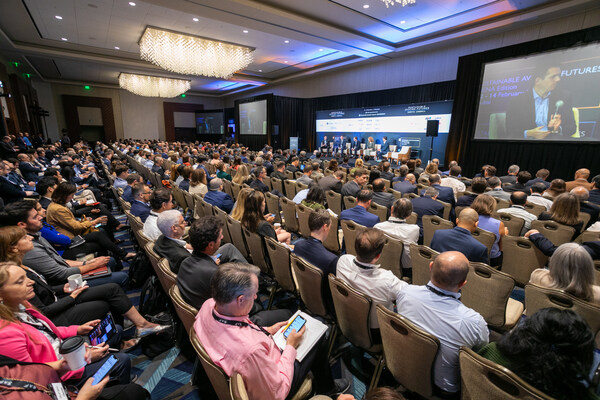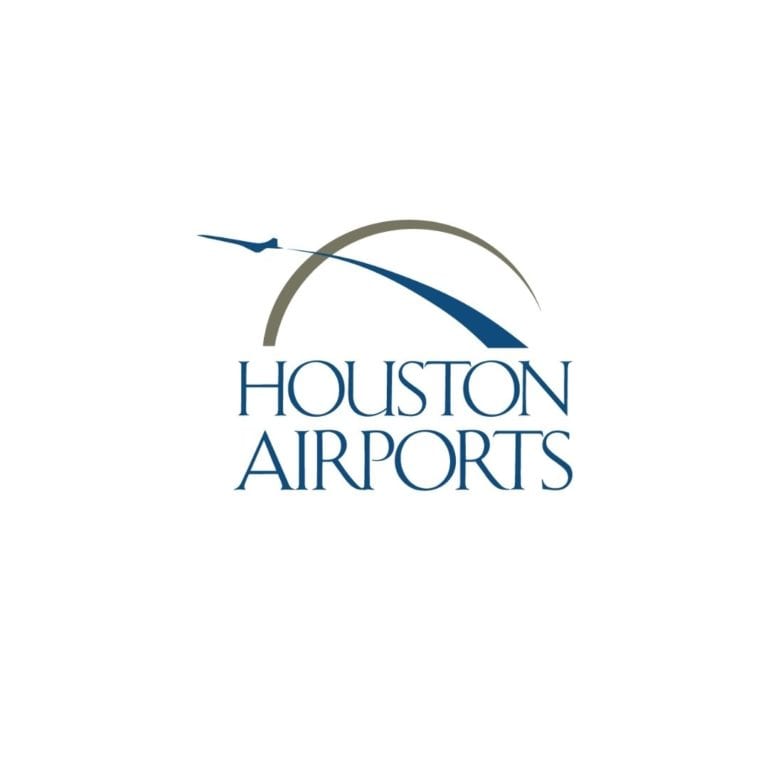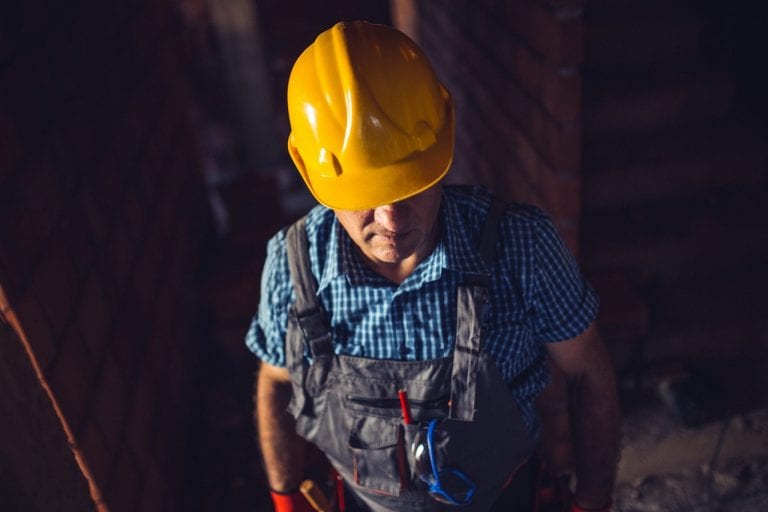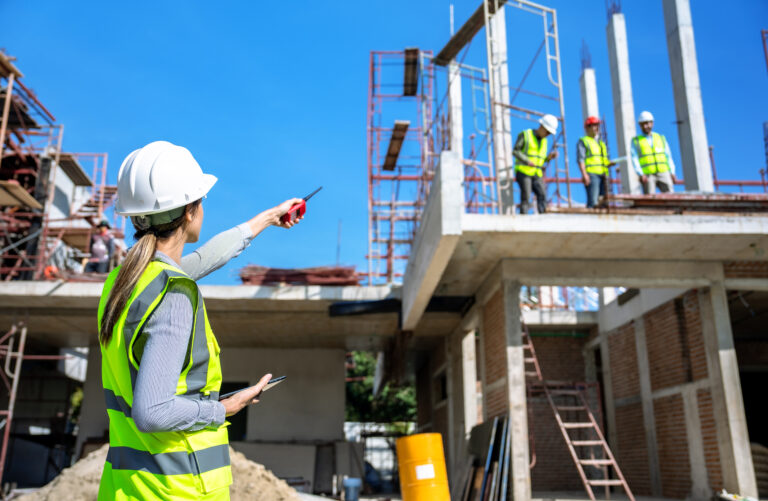
HOUSTON — The Sustainable Aviation Futures North America Congress is preparing to bring together over 600 senior leaders from across the aviation decarbonization value chain at the Marriott Marquis in Houston from Oct. 2-4, 2024.
The event will focus on the technology, policy, infrastructure, and collaboration needed to achieve aviation net-zero and scale Sustainable Aviation Fuel (SAF) production by 2050, while providing unique opportunities for strategic networking and the formation of critical partnerships.
Key Topics, Themes, and Opportunities:
Organized by Sustainable Aviation Futures, the congress features a dynamic agenda, combining high-level strategic panel discussions, technical sessions, and interactive masterclasses, with best-in-class networking for connections across the aviation and energy value chain.
To facilitate the formation of new and crucial partnerships, and the re-connection of long-term collaborators, the congress features a dedicated Networking and Exhibition Zone, 1-2-1 meeting zone where participants can book a table to meet or work, and a new and improved networking app, for messaging, scheduling meetings, and seeing the latest agenda updates.
On October 2-3, the morning keynotes feature high-level exploration of topics such as the U.S. SAF Grand Challenge, SAF policy and incentives, the global aviation decarbonization landscape, and financing and investment, from speakers including:
- Rep. Mike Flood, Congressman, 1st District of Nebraska
- Courtney Unruh, SAF & Sustainability Engagement Director, Alaska Air
- Kevin Welsh, Vice President of Environment and Chief Sustainability Officer, Airlines for America
- Valerie Reed, Director, Biotechnology Office, U.S. Department of Energy
- William Hohenstein, Director, Office of Energy and Environmental Policy, U.S. Department of Agriculture
In the afternoons, attendees break out into topic-focused streams, matching their area of interest:
- Scaling SAF: Project Development, Financing, and Incentives – Exploring the financial tools and partnerships needed to accelerate SAF production.
- SAF Infrastructure and Decarbonization Logistics – Addressing the supply chain and infrastructure challenges for SAF deployment.
- eFuels, Power-to-Liquids (PtL), and Hydrogen – Examining alternative fuel technologies and their role in decarbonization.
- Future Flight and Net-Zero Technologies – Innovations in aircraft design and propulsion systems.
- Scaling SAF: Feedstock Development and Lifecycle Analysis – Discussing feedstock sustainability and lifecycle emissions analysis.
- Corporate Sustainability and ESG – Examining how SAF and aviation fits into the ESG policies of passengers and corporations.
- Green Airports and Climate Resilience – Best practices for airport sustainability and climate adaptation.
- Non-CO2 Emissions and Airline Operations – Mitigating non-CO2 impacts and improving operational efficiency.
October 4 will feature an Intelligence and Masterclass Day, offering deep dives into: Getting Your SAF to Market 101; SAF Feedstocks, Policy, Finance, and Investment; and Hydrogen, eFuels, and PtL, in highly engaging and interactive sessions led by experts.
Industry Sponsors:
Along with high-level speakers and attendees, the congress is supported by many innovative companies at the forefront of SAF and aviation decarbonization: Shell Aviation; Montana Renewables; ExxonMobil; Johnson Matthey; King & Spalding; Axens; Gevo; Honeywell UOP; Intertek Caleb Brett; KBR; LanzaJet; McDermott; Phillips 66; 1PointFive; Agra Energy; Airbus; Corys; DG Fuels; ThermoFisher Scientific; Twelve; World Energy; PA Consulting; Aether Fuels; AV Fuel; Ecovyst; Kearney; Lydian; Minnesota SAF Hub; Velocys; Bureau Veritas; AmSpec; Merrick; Burnham Sterling Asset Management; Chooose; Idaho National Laboratory; NASA; Southwest Research Institute; Vertimass; Waterloo Institute for Sustainable Aeronautics
Why Houston?
As the “Energy Capital of the World,” Houston is uniquely positioned to host this landmark event, providing a nexus between the aviation and energy sectors. With its strong corporate presence, innovative research centers, and commitment to sustainability, Houston plays a key role in advancing the development and commercialization of SAF.
Source: Sustainable Aviation Futures







